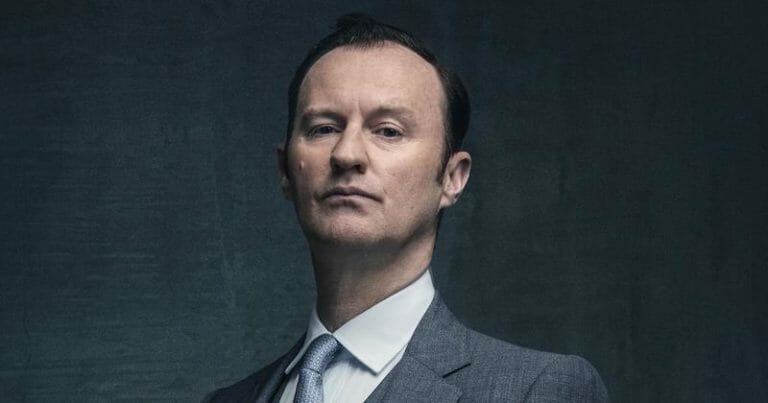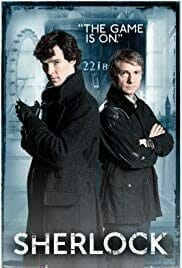By Ken Miyamoto · July 4, 2019

How are some great researching tips that screenwriters can utilize while researching their period piece screenplays?
Welcome to our ongoing Learning from the Masters and Industry Insiders series where we seek out and feature excellent videos, interviews, and discussions of the art, craft, and business of screenwriting and pull the best words of wisdom, writing tips, and screenwriting advice.
Here we turn to the BAFTA Guru interview with Sherlock creator Mark Gatiss where he discussed his methods of researching the period pieces he’s written.
“When I did Victory of the Daleks, for instance, which is about Churchill and the Daleks, I [read] tons of stuff about the Second World War. Not all of that gets into it, but it just gives you a flavor, which is really important.”
Research isn’t just about gathering facts to insert into your screenplay. It’s about immersing yourself into those worlds. That will translate to the script, whether or not you realize it. Which is why you should read and watch everything you can on the subject at hand.
Download the Season 3 – Episode 1 script of Sherlock here for free.
“The thing I did in researching Sherlock is how to kill people. I sometimes think if your search engine was checked the police might come ’round.”
While this was a funny moment in the video and speaks to the truth of research when writing about macabre things such as murder, there’s a piece of wisdom here. Gatiss had to research how a murder might occur back in the period that Sherlock Holmes would have lived in. It’s a vital piece of information because how a murderer may kill someone in contemporary times may differ as to how they would in the 1800s.
Research every little thing you can — even the macabre stuff.
If you’re writing a story based on a true person or event, you need to learn to sift through all of the research and find the story that you want to tell. And that also comes with taking creative liberties with the actual facts.
“You’re trying to carve a story out. You’re merging character together… because it’s for the dramatic purpose [of the story]… you’re trying to tell a story… not the diary.”
Watch the whole video below to learn more about his writing process!
For all the latest from The Script Lab, be sure to follow us on Twitter, Facebook, and Instagram.
And become a member of TSL 360 to enjoy the LARGEST screenwriting education content library, featuring masterclasses, deep-dive interviews, and lectures from Academy Award-winning screenwriters, TV show-runners, producers, literary managers, agents, studio executives, and leading educators – all in one place.